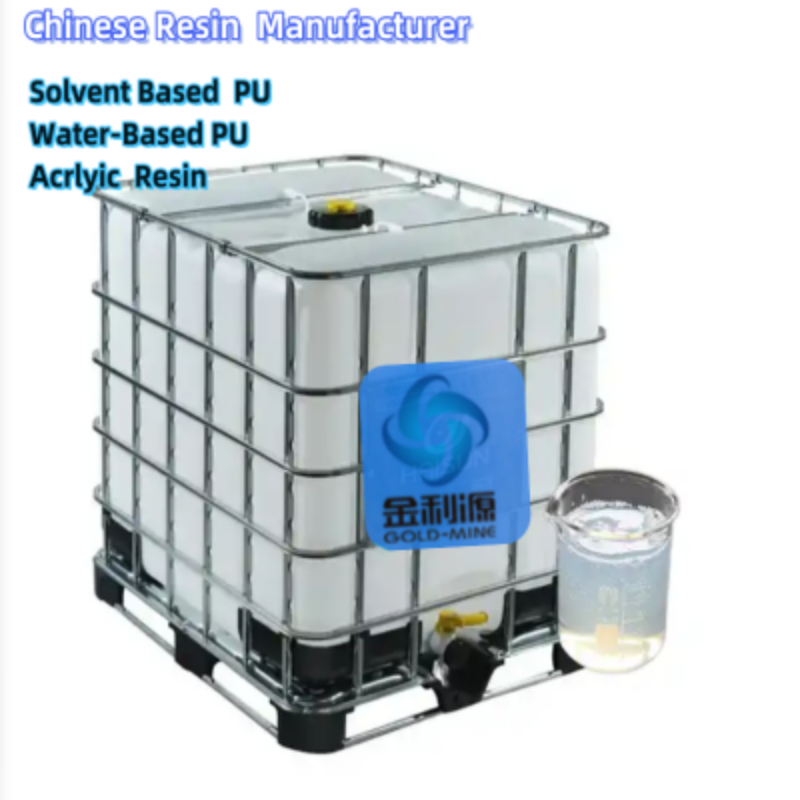Difference Of Polyester-based and polyether-based polyurethane (PU) resin
May 06, 2024
Polyester-based and polyether-based polyurethane (PU) resin are two commonly used types of waterborne PU resins. Here are the advantages and disadvantages of each type:

Polyester-based waterborne PU resin:
Advantages:
-
Excellent mechanical properties: Polyester-based polyurethane resin offer good tensile strength, elongation, and impact resistance, making them suitable for applications that require durability.
-
Good chemical resistance: These resins exhibit resistance to a wide range of chemicals, including solvents, oils, and acids.
-
UV stability: Polyester-based PU resin have better resistance to UV radiation compared to polyether-based resins, making them suitable for outdoor applications.
-
Improved adhesion: They often offer better adhesion to substrates like metal, wood, and concrete.
Disadvantages:
-
Poor hydrolytic stability: Polyester-based polyurethane resin may not perform well in humid or wet environments as they tend to absorb water and lose their properties over time.
-
Limited flexibility: Compared to polyether-based resins, polyester-based resins can be relatively less flexible, which may limit their use in certain applications.
-
Higher cost: Polyester-based resins tend to be more expensive compared to polyether-based resins, which may make them less economical for some applications.
Polyether-based waterborne PU resin:
Advantages:
-
Superior hydrolytic stability: Polyether-based polyurethane resin exhibit excellent resistance to water and humidity, making them suitable for applications in wet or humid environments.
-
Improved flexibility: These resins offer better flexibility compared to polyester-based resins, allowing them to withstand bending and stretching without cracking or losing their properties.
-
Lower cost: Polyether-based resins are generally less expensive than polyester-based resins, which can make them a cost-effective option for certain applications.
-
Fast drying time: They often have a shorter drying/curing time, which can reduce production cycle times.
Disadvantages:
-
Inferior mechanical properties: Polyether-based resins generally have lower tensile strength and impact resistance compared to polyester-based resins.
-
Reduced adhesion: They may have lower adhesion properties on certain substrates, which may require additional surface treatments or primers for proper adhesion.
-
Limited UV resistance: Polyether-based resins are generally less resistant to UV radiation compared to polyester-based resins, making them less suitable for outdoor applications where UV exposure is a concern.
It's important to note that the specific properties of waterborne PU resin can vary depending on the formulation and manufacturer, so these advantages and disadvantages may not apply universally.